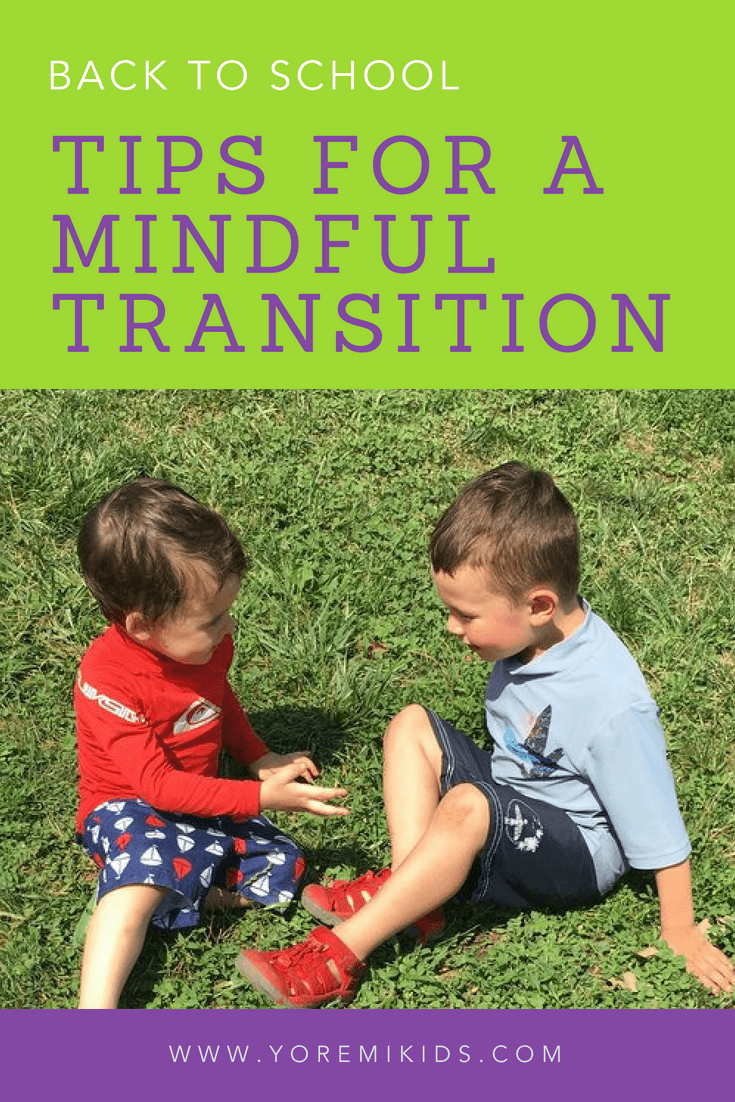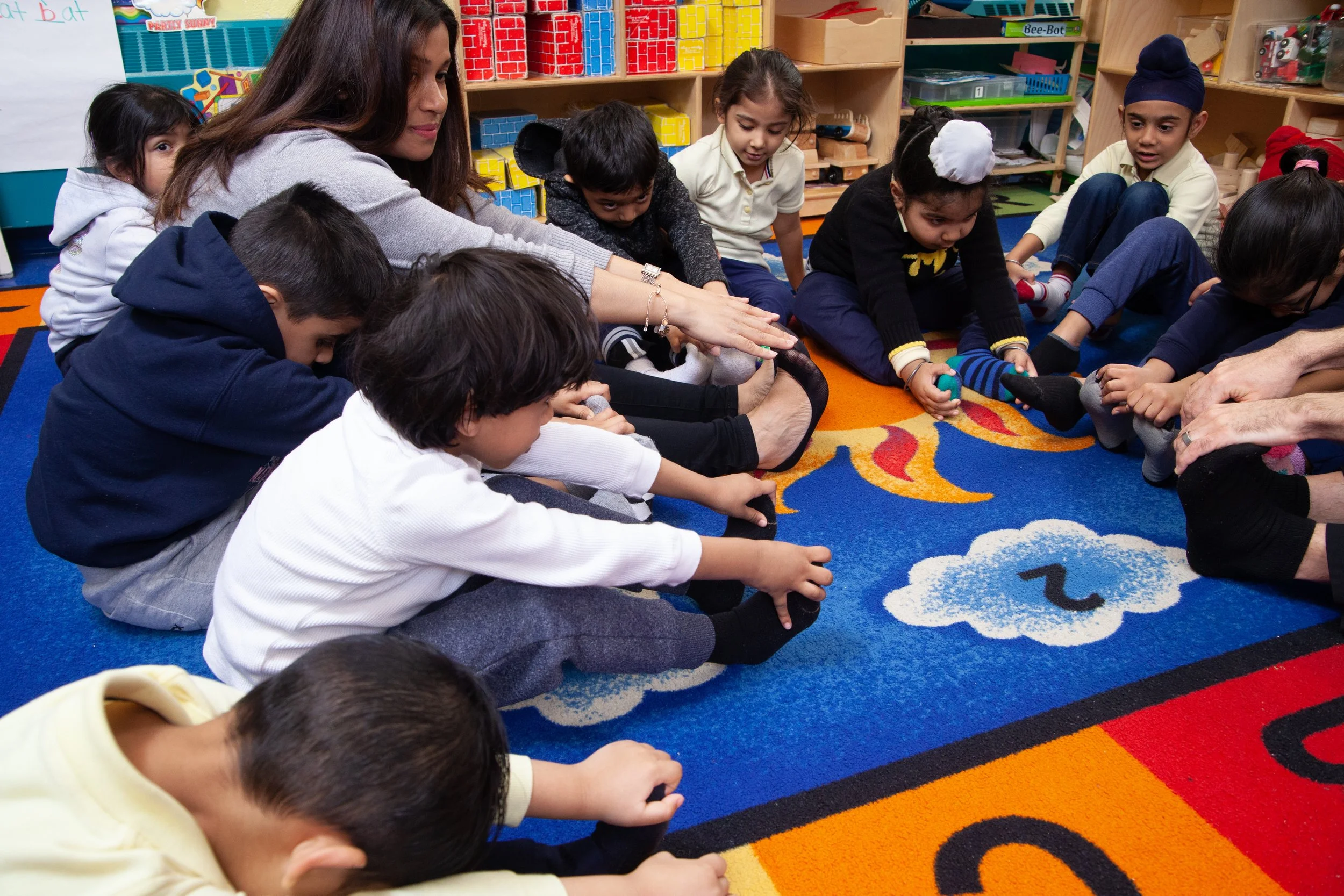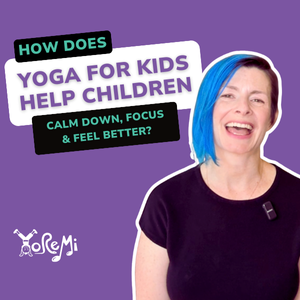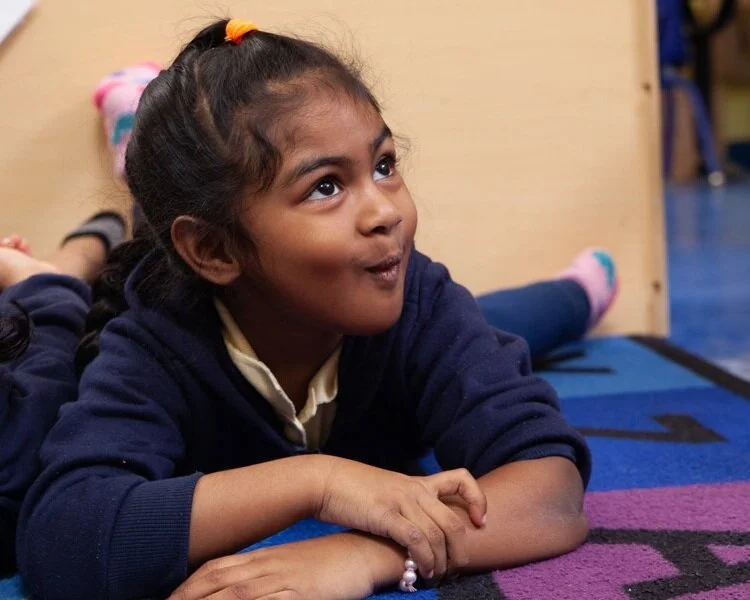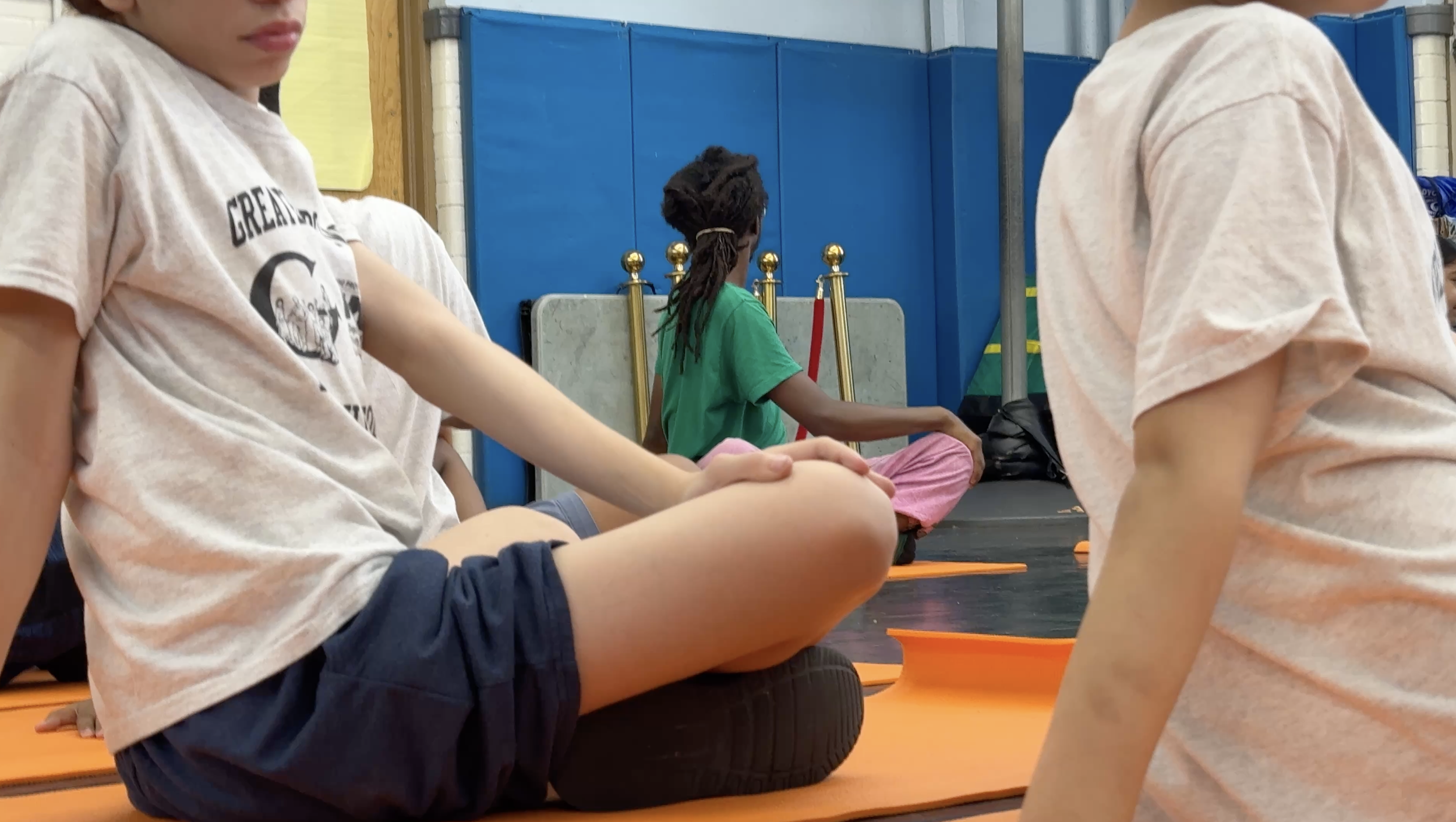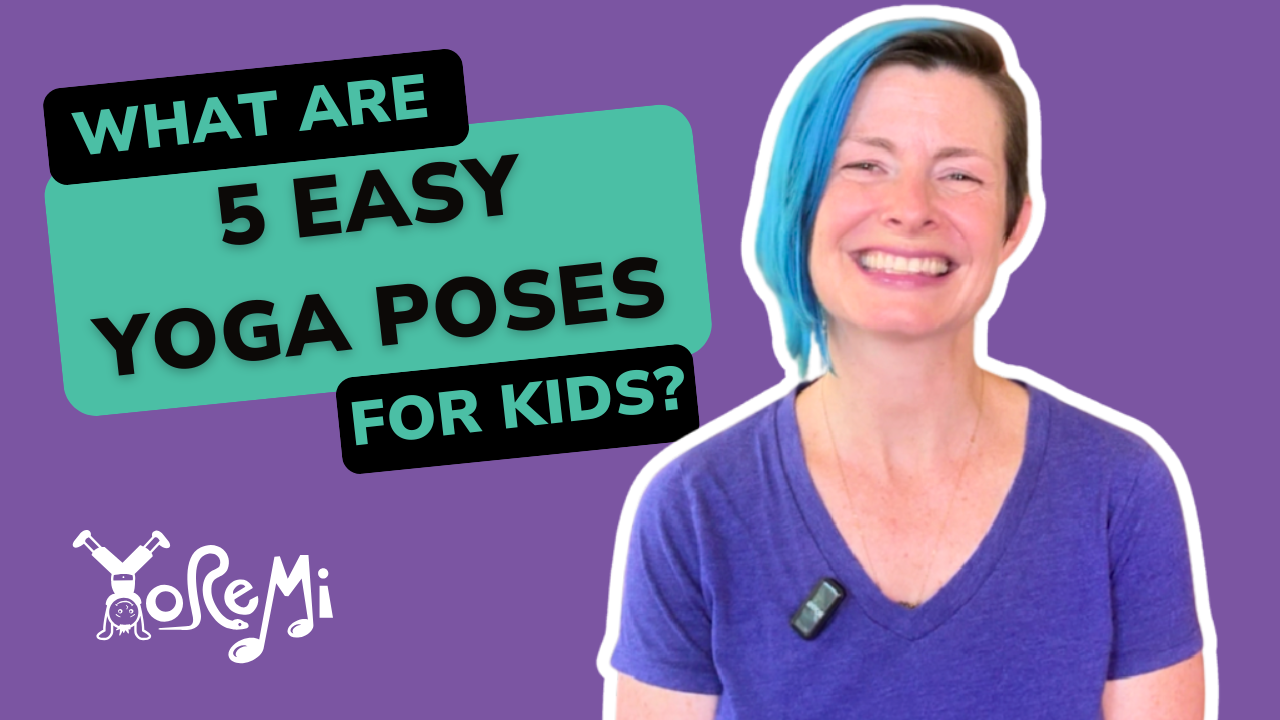Our Family's First "Back to School" Season: Three Tips for a Mindful Transition
In what feels like a huge mommy milestone, my oldest son will be starting PreK this fall. With that comes a lot of firsts - first backpack, first lunchbox, first classroom...and perhaps the first time he will not be the center of attention. While this final first is something he has had on a smaller scale since his younger brother was born last year, he has still managed to command much of our focus, in both wonderful and sometimes aggravating ways.
This will not be his first time in a group learning setting. His introduction to education over the past year has been attending Brooklyn Nature Days, a forest school in Prospect Park, where children spend their time running around in sun, rain and snow and rolling around in mud and dirt. They gather sticks, take nature walks, befriend bugs, jump off logs and construct amazing art with found materials.
One of my favorite things about this program is the tremendous freedom the children experience - the only "rule" is to stay within the trees designated as boundaries. This works because the student/teacher ratio is low and the teaching team operates like a well-oiled machine. Seeing them in action, you would think they have eyes in the backs of their heads.
“Young children have an innate desire to learn and that is best achieved through unstructured child-driven free play."
- Brooklyn Nature Days
So this fall will mark a big transition, from three half-days a week where school basically means running around outside to five full-days a week, inside a big building with classrooms, tables, chairs and much more structure. Also the student/teacher ratio jumps much higher, which might mean that keeping everyone safe and cooperative will also mean a few more rules than we are used to.
How do we approach this big transition mindfully as a family?
Here are three things we have been working on in hopes of setting our son up for success as he navigates all of these firsts.
1. Cultivate Mindful Language and Self-Expression
Communication is the key to a both a happy household and a successful learning environment. My son has always been super verbal and expressive, to our joy and occasionally to our chagrin. Announcing loudly to a full subway car last week he had "an itchy butt" while shoving his hands down his pants definitely falls into the latter category.
Of course, I think that almost everything he does is perfect...my challenge is to use fact-based observations rather than praise. I avoid saying things like "Good Job" or "You're So (fill in the blank - smart, creative, messy, etc)." Instead, I observe. "You used a lot of colors to make this painting" or "I saw you working really hard on that tower for a long time." This allows him to separate himself and his self-worth from his behavior or what he is producing. Hopefully, this might keep him from becoming a "praise-junkie," always seeking out external validation from adults and other children.
When he whines, screams or demands things with incoherent mono-syllables paired with stubborn gesturing, I take a deep breath, remind myself he is four, and attempt to model the type of calm and clear communication I would prefer. As much as I may want to, I know that yelling back at him to "Stop!" or "Use your words!" will not actually teach him anything but a power dynamic where control belongs to the person who is the biggest, loudest or scariest. When I am able to pause and reframe outbursts or acting out as an opportunity for learning, it turns us from antagonists to collaborators.
"Too often we forget that discipline really means to teach, not to punish. A disciple is a student, not a recipient of behavioral consequences."
- Dr Dan Siegel
2. Teaching Self-Regulation
It feels like it has taken me a lifetime, many hours of yoga and meditation, and repeatedly experiencing the consequences of less-than-stellar choices to learn self-regulation. I am still working daily to expand my ability to respond rather than react to stressful situations.
When I get triggered and experience an emotional fight/flight/freeze reaction, it's my lower brain (the reptilian brain stem and mammalian limbic system) acting on survival instinct. It isn't at all logical - getting cut off in traffic or running late to a meeting is not a life or death situation. But my brain, and therefore my nervous system, often automatically reacts like it is. My lower brain has hijacked my upper brain and rational thought has flown out the window.
Our upper brain, or prefrontal cortex, is responsible for executive function, planning complex behavior, expressing personality, decision making, and moderating social behavior. It is the part of our brain which enables us to understand rules, consequences and suppress urges that might lead to socially unacceptable outcomes. This region of our brain is not fully developed until we are 25 years old.
When my kid is mid-meltdown, I know the lower brain has taken the upper brain off-line. Though my initial reaction is to raise my voice or explain, vehemently, why he is not making any sense, that strategy can never work because his logical brain is not accessible. When I connect with him emotionally and reflect his upset back to him, he is actually able to calm down quickly. I ask him to check in with how his body and breathing feels, helping him understand that emotions can also have physical sensations. We take a few deep dragon breaths together. Then, by asking questions that bring his upper brain back online, we can work together to find a solution.
This process definitely takes a bit longer than sending him to his room for a "time-out" but it is also helping him build self-regulation skills that I hope he will eventually be able to employ on his own.
Self-regulation is a skill, so let's teach it. Kids aren't born with it any more than they're born knowing how to tie their shoes"
- Suzanne Tucker, Generation Mindful
3. Social Skills for Community & Collaboration
My son used to be shy, painfully shy. He preferred to play alone and would only talk to another child by relaying his message through, or while accompanied by, an adult. He has blossomed in the past year and now announces introduces himself to children on the playground and takes the lead in imagination play. I think attending forest school at Brooklyn Nature Days has made a huge difference.
His new school is enormous, with 25 classrooms full of PreK students. That is almost 500 4 year-olds in one building. There is no way to keep that running without collaboration and compromise. This summer we have been practicing a lot of sharing, from the toys on the playground to favorite snacks, to democratically choosing the music we are listening to. I have been trying to show him how good it feels to act in the interest of the collective. We have started cooking meals together!
During playdates, I try to ignore conflict long enough for the children to come to a resolution on their own. If I do need to step in to prevent violence or destruction, I again rely on fact-based observations and reflect the situation back to them. When asked questions like "What should we do?" or "How do you think we could work together?" the children often come up with creative solutions I might not have even considered.
To be honest, helping my son master skills for this transition has taught me a lot too. And that is perhaps the best part - to remind ourselves that we are never finished learning and that our best learning is done together.
Share this post on Pinterest
Rachel Costello is the Executive Director of Yo Re Mi. She is a professional touring musician and Yoga Alliance registered teacher (ERYT200, RCYT, RPYT, YACEP) specializing in hatha, vinyasa, prenatal, postpartum, as well as yoga for labor and delivery. Through Yo Re Mi Rachel brings musical yoga enrichment to children all over NYC. Rachel has been teaching both adults and children since 2005 and believes yoga is a perfect way to harness our innate energy to increase self-awareness, confidence, health, positivity and balance, while having FUN!
Please join us for Our upcoming Teacher Training:
Children's Yoga Teacher Training, 30-Hour Certification in Brooklyn, NY: Learn more







